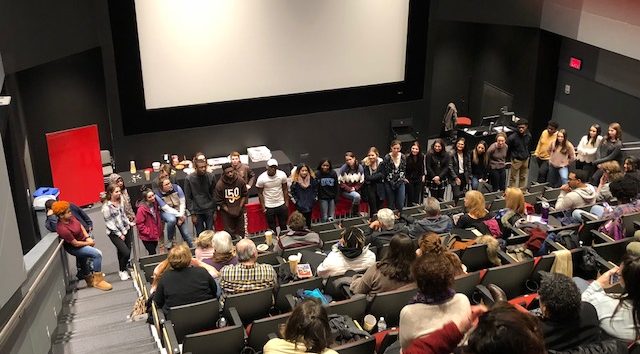A particular aspect of the McLane reading that caught my eye were the ethics involved in documentary-making. Robert Flaherty cherished the moments with his subject(s), something admirable, perhaps especially for the time. This led me to inquire about his process in building relationships and respect with those subjects. It seems he lacked the superiority complex that he could have had to cultures and people who were different. McLane writes, “he never condescended to or marginalized his subjects”. This is important to me because when I think about what it will be like to formally interview someone myself, I would want them to be as comfortable, open and as much themselves as possible. How else to reveal more of the truth? She writes, “he always presented people at their finest, simplest and noblest, gaining their cooperation to achieve this presentation”. That is one way of ensuring comfortability in front of the camera, but sometimes the ‘ugly’, confusing, and demoralizing can be the most telling, influential, and beautiful, bringing the audience along for the ups and downs.
